Industrial Policy 2017 needs re-discussion to make a stronger case for MSMEs: Expert
Updated: Sep 15, 2017 11:38:57am
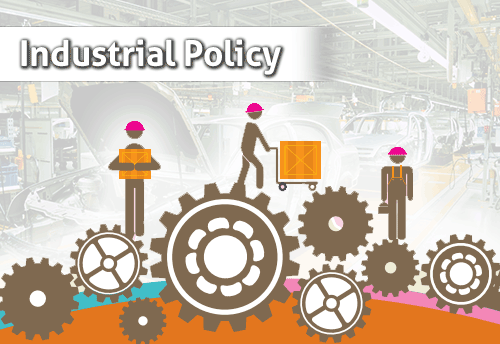
Industrial Policy 2017 needs re-discussion to make a stronger case for MSMEs: Expert
New Delhi, Sept 15 (KNN) With reference to the draft Industrial Policy 2017, the government has announced a set of measures for the different sectors of the industry, including the Micro, Small and Medium Enterprises. However this is a need of discussion along several lines in order to make the policy a strong case for the sector, Yerram Raju, Economist opined.
The initial assessment suggests that the historical brief has been very well articulated in the policy
There are concerns on GDP growth and the long term growth projected in seems to be overly optimistic. GDP though followed worldwide as a measure of growth it hides more than what it reveals and in countries with declining inflation, expectation of high GDP growth is fraught with risk.
Fortune 500 is never the same list year after year. While targeting is good this need not be expressive in policy. More the size of investment and high technology interventions less will be the job potential.
Access to capital for MSMEs: Policy has to address a variety of issues that infringe on the access to capital for MSMEs.
Advisory to States:
a. During the 1950s and 1960s, SSIs were provided developed parcels of land on lease basis for a period ranging from 25 years to 50 years. All the States gave up this practice and want the new MSMEs to make outright purchase at market price and this will erode the family silver upfront.
b. The industry has to pay also huge development charges once a plot is purchased in the Industrial Park or Industrial Area. This has become a major hurdle for manufacturing start-ups. In certain cities, there is differential pricing in land for standalone units far disproportionate to the ability to pay for a small enterprise in terms of land price. Every manufacturing enterprise has to maintain set off according to the Factories Act and if the property tax is charged differently for factory space and open space it would be onerous burden.
c. Both availability and affordability of the MSME manufacturing start-ups should be reckoned while fixing the price of land for allotment.
d. Attendant on this issue is the environmentally friendly eco system for the sustainable growth of MSMEs. Logistics like the common effluent treatment plant should be provided as part of infrastructure and cost should be recovered through membership fees from the units located in the Industrial Estate or Industrial Park.
e. Similar to those existing in Telangana and Andhra Pradesh States, other states may amend their Acts relating to local bodies for setting up Industrial Local Area Authorities whereby the state would allow the BDS provider to represent the Industrial Infrastructure Corporation in collecting the taxes and duties, development fees on its behalf and share such revenues in the ration of 70:30::IALA :Local Body so that maintenance of the infrastructure in all those industrial areas like industrial parks, industrial estates shall be kept in state of good repair and at required standards.
SMEs’ approach to capital markets involves an expenditure of approximately Rs.40-50lakhs prior to the issue. Such amount would eat into the working capital and therefore SEBI should ease the processes and fees not exceeding Rs.10lakhs. This would enable better access to equity markets.
Innovation Vouchers as obtaining in countries like Germany, UK, Europe, and Australia may be introduced to fund innovations in MSMEs as this sector is the seed bed of innovations. They are small lines of credit provided by governments to MSMEs to purchase services from public knowledge providers with a view to introducing new products, processes, services in their business operations at the firm level (OECD 2010).
Working Capital: Currently no more than 14% of the MSMEs have access to institutional credit. The institutions include Banks, FIs and NBFCs, Several of the units at the lower end suffer inadequacies due to non-availability of owners’ capital usually required by the Banks. The other constraint is heavy insistence on collaterals.
Solutions can be: RBI’s collateral free mandate currently at Rs.10 lakhs should be extended up to Rs.25 lakhs. Second, The CGTMSE guarantee up to Rs.2cr can be on portfolio basis. Collateral can be shared on pari passu basis between the Bank and the CGTMSE for amount beyond Rs.25lakhs up to Rs.25cr.
RBI once thought of introducing collateral registry whereby the machinery and other assets purchased by the unit either with its own resources or with borrowed capital can be used as collateral security for the units to extend working capital. RBI should speed up its decision for its implementation to ease the grant of required working capital by the MSMEs without insisting on additional collateral security.
Banks should be enjoined upon to grant working capital on cash flow basis instead of balance sheet based ratios.
Credit rating tools for the sector should be distinct from those obtaining for the large and medium industries when the MSEs could stand an advantage. As at present, the well rated enterprises do not enjoy special privileges like lower interest rates and low commission charges. Save exceptions. Start-ups any way do not have a good rating tool.
As regards revival and rehabilitation of MSMEs RBI guidelines are mostly observed in breach. Banks have their own problems in handholding and follow up due to sparse staff in supervision-intensive MSMEs which turn to be cost intensive for the banks. The remedy lies in having separate institutional mechanism like the Telangana Industrial Health Clinic Ltd , where the Government can build Risk Capital through a participatory corpus fund to provide the wherewithal required for revival for non-wilful defaulters.
The author is an economist and Adviser, MSE Facilitation Council, Industries Department, Government of Telangana. The views are personal.

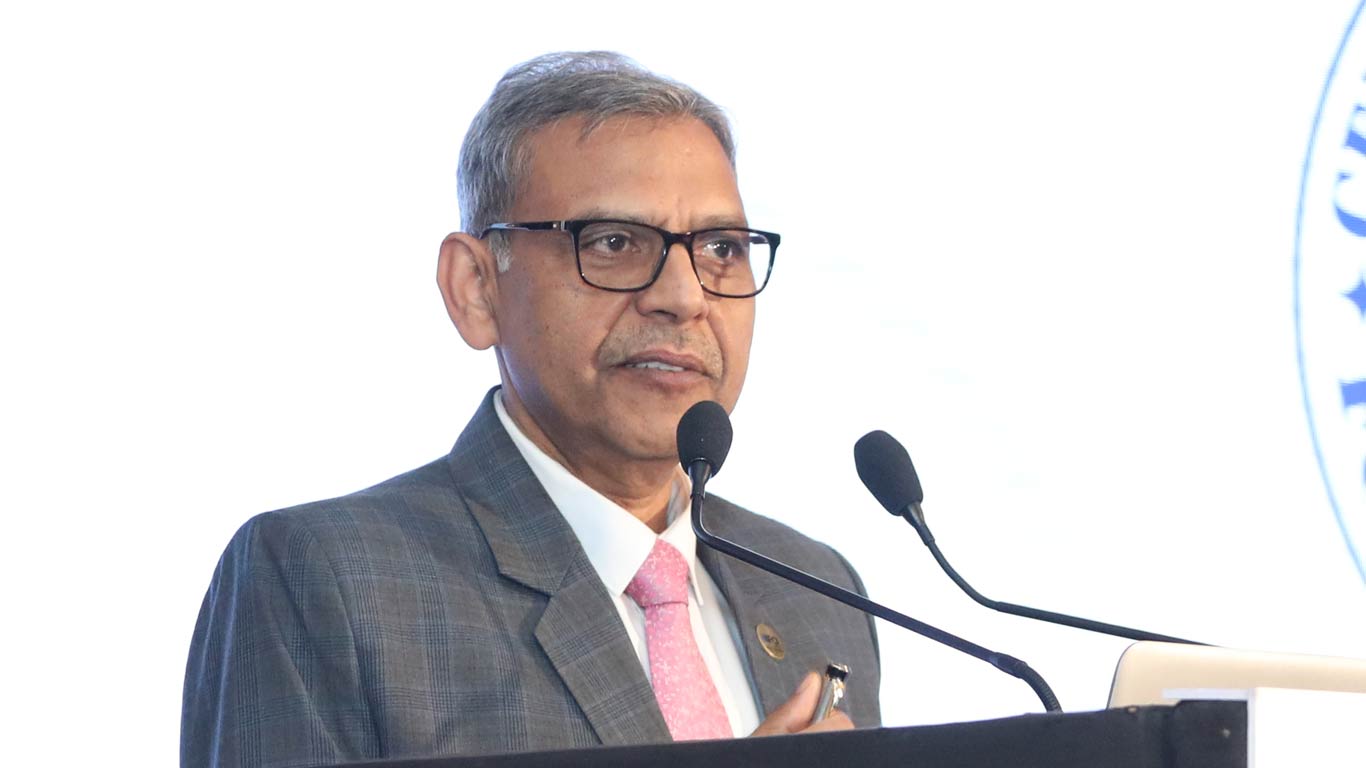

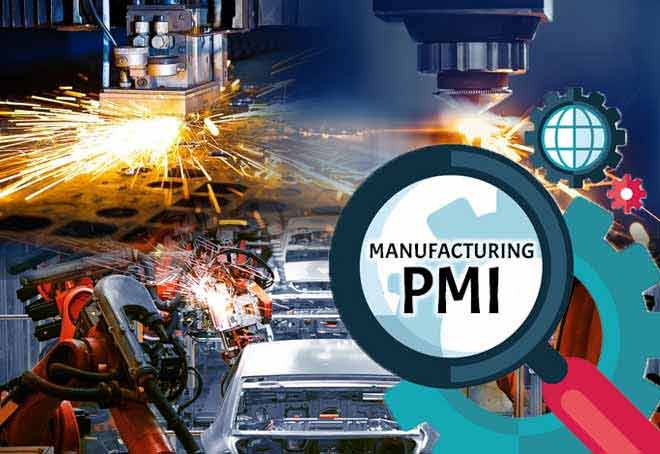
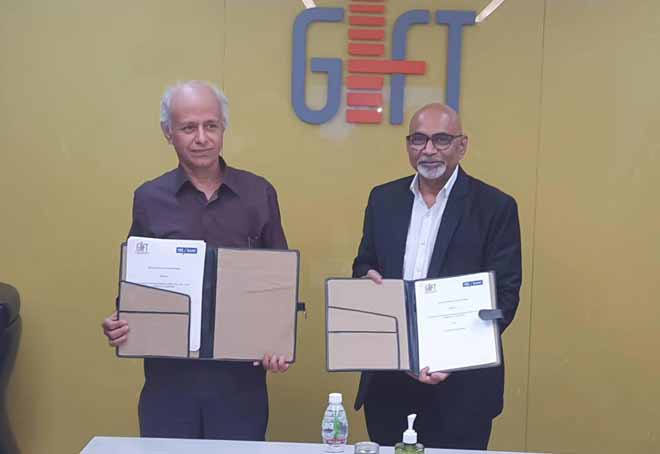
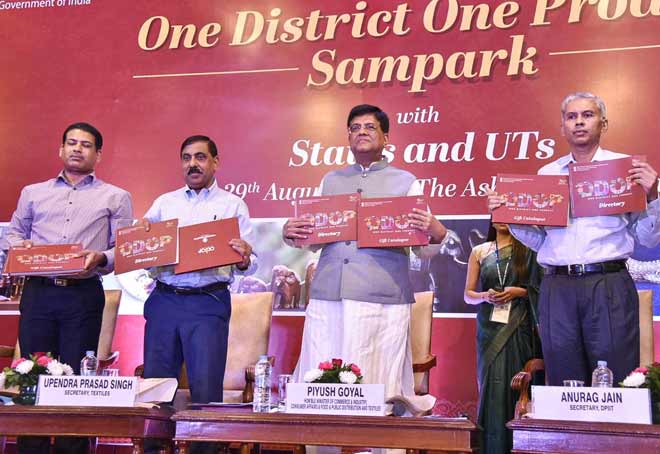





